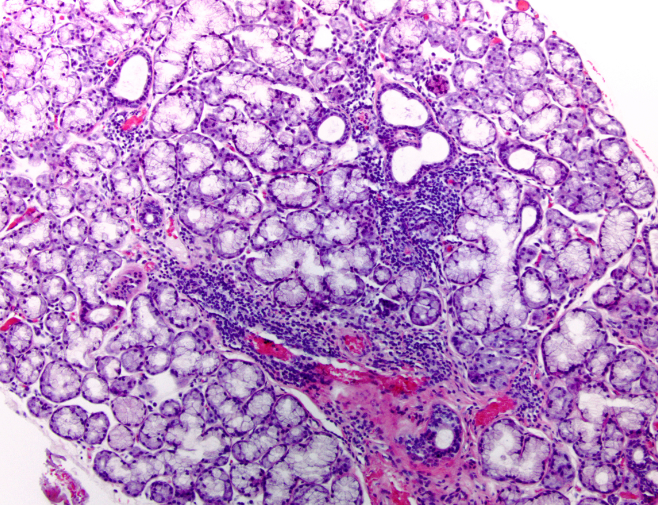Histopathology
Histopathology is the diagnosis and study of diseases of the tissues, and involves examining
tissues and/or cells under a microscope. Histopathologists are responsible for making tissue
diagnoses and helping clinicians manage a patient’s care. Histopathologists are doctors who work
closely with other clinical specialties. They can reach a diagnosis by examining a small piece of tissue
from the skin, liver, kidney or other organ. This is called a biopsy. Many histopathologists specialise in
specific organs such as the liver or skin, dissecting (‘cutting up’ or ‘trimming’) tissues for viewing
under the microscope on a daily basis. For large specimens, such as samples of bowel or breast
following surgery, these are dissected to select the most appropriate areas to examine under
microscope. Histopathologists write reports on specimens, consult literature (past and current
research findings), and many also have teaching and research responsibilities. They will also attend
multi-disciplinary meetings so their findings can be discussed with other clinicians. Treatments are
then planned in detail and tailored to each individual patient.
Note that it is a highly interpretative area of medicine and therefore requires a lot of deliberation to
arrive at a conclusion. Therefore it is not possible to assign a time line to this testing (unlike other
laboratory tests that are performed by machines). However, the laboratory has one of the best
infrastructure and human resources to address the situation as per the need of the condition.


